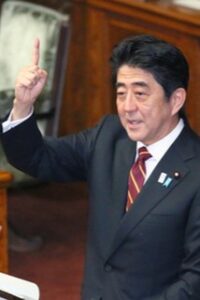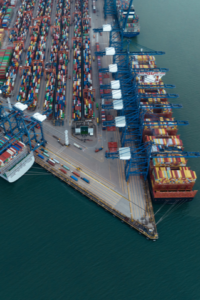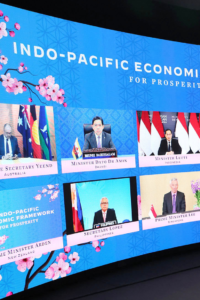
Kikkawa Takeo, Vice President, International University of Japan Key points Electricity providers show no signs of working with next-generation advanced reactors Old nuclear reactors to be dismantled when building next-generation advanced reactors Extension of operating period for existing nuclear power plants is unsuitable Prime Minister Kishida Fumio and the Minister of Economy, Trade and Industry Nishimura Yasutoshi spoke about nuclear energy at the GX (Green Transformation) Implementation Council in August 2022, and some media outlets made a big deal of it and called it a “changed nuclear energy policy.” The Kishida administration listed the following two items for which political decisions are needed before the end of 2022 in order to resolve the delays in nuclear energy policy: (1) development and construction of next-generation advanced reactors and (2) maximizing the use of existing nuclear power plants, including an extension of ... ... [Read more]








